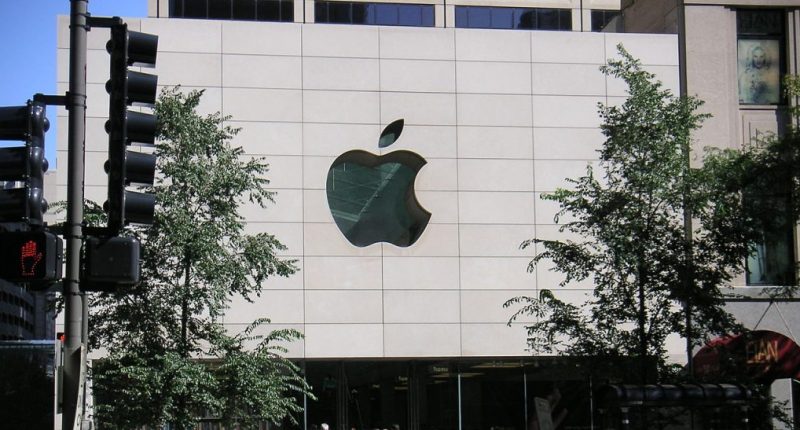An investigative report released by the New York Times has brought to light, as to how China has even compelled the most valuable consumer electronics company Apple, to part ways with it generally strong user privacy status. In the NYT report that highlights various ways in which Apple worked around laws to please Chinese government, a glaring highlight is the local storage of data, in data centers owned by local Chinese companies, thus giving them — and in turn the Chinese government — easy access to user data.
The report has revealed that Apple has for long been storing the data it collects from Chinese users, locally, in servers belonging to company owned by Chinese state. This is quite contradictory to the conventional strategy that Apple is famously known to adopt, which is to send the data to their US-based main servers through cloud processing, and keep data encrypted in a manner that even Apple can not access. But with these tweaked data storage norms in China, it poses the threat of the data becoming readily accessible to the Chinese government.
The report claims that the move came in 2017, in response to a Chinese law that was created then. For the past five years, the company has been making several concessions towards the Chinese market, in order to keep itself afloat and remain relevant in the country. As for proof, the report cited a number of internal documents, and employee interviews.
In response to the report, Apple issued a statement, clarifying that it had been storing the information locally as a way of abiding by the Chinese laws (which seem to be much more open towards violating user privacy and rights, as compared to their counterparts elsewhere in the world). The statement also added that the company had done everything in its power to keep user data safe, and will never compromise on user security “in China or anywhere in the world.”
Apple had announced that it would be setting up, and running together in partnership with a firm owned by the State of Guizhou, a local centre for storing the data obtained from Chinese users. As justification for the move, it had cited easier connectivity to iCloud for local users, as well as the country’s national laws. However, now experts feel that by doing so, the company is granting Beijing a very easy way of keeping tabs on the lives of its citizens. They also hold that the move is jeopardising the security of millions of people in the country.
One thing that may be worth noting is that while most other news of cyber security issues pertain to the data of users from a certain country being jeopardised by becoming accessible to another country, this is one of the first issues where the user data has been said to be jeopardised by becoming accessible to its own Government. Expert Greg Guice at advocacy group Public Knowledge, has called this a “sad but expected turn of events.”
This is not the only reason why experts often chastise the company for harbouring a soft spot for China, and going easy on its policies in front of the Chinese Government. Only last year, Colorado Republican Ken Buck had called Apple Inc. out for taking down a number of video games from the China version of its App Store. In fact, Apple not only removes video games, but also a number of other apps from its App Store, should it feel that the Chinese Government might frown upon them, or consider them inappropriate. Last year alone, the platform took down over 30,000 apps from its servers in China, with 90% of them being games.
